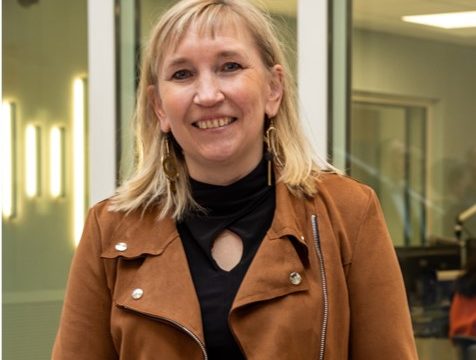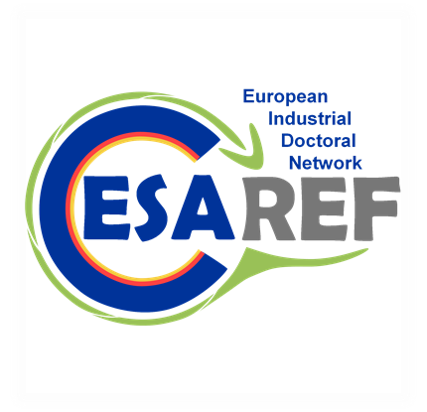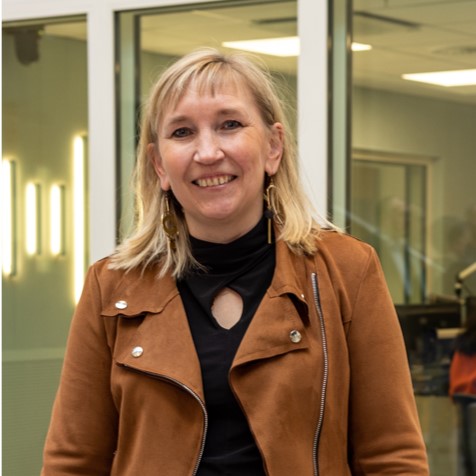
Get to know : Angélique Léonard
Full Professor – University of Liège
How would you describe yourself in two sentences?
I am full Professor at the University of Liège, leading a research team mainly focusing on life cycle assessment. I am passionate by research and teaching … as well as promoting STEM among girls!
What are you currently working on?
In my team, there are 35 ongoing projects mainly dealing with environmental evaluation of products and processes using life cycle assessment. Topics are about mineral and metal recycling, CCUS, plastic recycling, manufacturing of several products, including refractories.
Did you always want to work in science? How were you introduced to it?
My first motivation was the passion for chemistry given by my teacher at secondary school. This is why I decided to study chemical engineering. The idea of making a PhD to embrace an academic career came during my last year of study, motivated by a balanced personal and professional life.
Could you briefly describe your academic/professional career?
I graduated as a chemical engineer from University of Liège (Belgium) in 1998. I made my master thesis in the field of wastewater sludge drying and then made a PhD about the same topic, still in Liège (defended in 2003). I had the chance to get a grant from the FRS-FNRS (National Fund for Scientific Research). Then I made several postdoctoral research stays in Bordeaux (for a total of one year), in a group with expertises in coupled hydro-thermo-mechanical modelling of drying (Prof. Wahbi Jomaa). I also had the opportunity to spend one month at the Imperial College London (Prof. Frantisek Stepanek). In 2008 I got a permanent FRS-FNRS scientific position in ULiège and I got my professorship in 2009 as associate professor. I got promoted as professor and full professor respectively in 2013 and 2016. Since 2009, my research activities extended to Life Cycle studies.
Why is it relevant to talk about gender equality in science?
A lot of figures still indicate that the share of girls in STEM is not sufficient … so we have to attract girls to STEM. Moreover, once in the academic career, the glass ceiling effect is well known.
In your career, did you face problems linked to your gender? What progress have you seen on gender equality in your life and work?
I was very lucky during my career and surrounded by kind mentors and I did not face personally problems linked to gender. However, this was not the case for some colleagues. By the way, these last 5 years I saw a lot of initiatives contributing to gender equality (GEP).
Who is your woman scientist inspiration?
I would say my chemistry teacher!
What is the most motivating/exciting aspect of your job?
I like contributing to challenges faced by society and industries, it gives the feeling of being ‘useful’ when doing applied research … it is also very motivating to be surrounded by a dynamic research team.
What message could you give to the young generation?
Just dare to follow your dreams!






